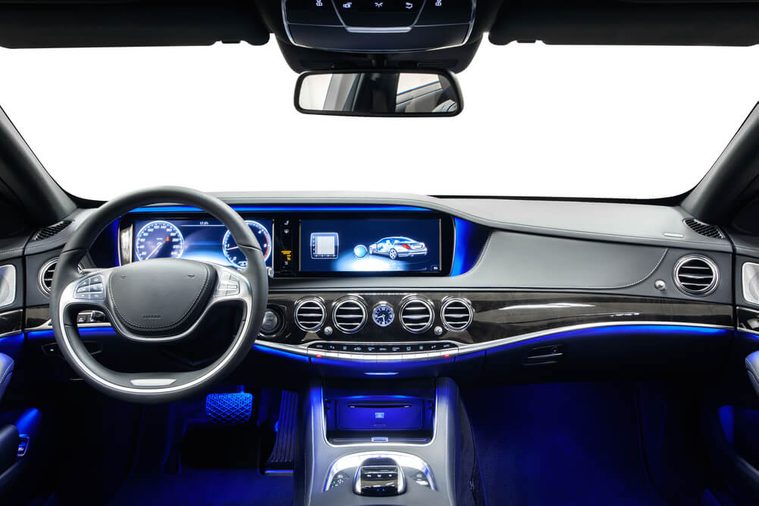The Scary Truth Behind That New Car Smell
Updated: Mar. 14, 2019
A lot of people love it, but they don’t realize how harmful it can be for their health.

Admit it: you absolutely love the smell of your new car as you’re driving off the lot. Scientists haven’t figured out why everyone loves the smell of a new car so much—maybe it’s because people associate the smell with the luxury of having purchased a new set of wheels. But the smell that comes along with your new ride is actually really toxic and can be harmful to your health, just like these household smells that can signal something dangerous.
Robert Weitz, a certified microbial investigator and founder of RTK Environmental Group, says that the new car scent you’re smelling is actually made up of something called volatile organic compounds, or VOCs. The new car smell occurs when the various materials that make up your car “outgas” and release VOCs. That’s just one of the things car dealers won’t tell you.
The materials used in the interior of a new car include polyurethane or polyester and various paints, plastics, and sealants. The VOC molecules released from these materials do eventually evaporate, but in the beginning, they are very harmful to humans, especially in a confined space.
“There are many VOCs that cause cancer (carcinogens) and most will produce symptoms in many individuals including respiratory, headaches, and joint and muscle pain. We are all built differently and the VOCs have different effects on all of us,” says Weitz.
As the new car smell fades over time, so do the VOCs—but on warm days, the materials can start to “outgas” again. One way to combat the issue is to keep your windows open when you can and don’t inhale as deeply every time you get into your new car. While you’re at it, make sure you avoid these other things you shouldn’t be doing in your car.
[Source: howstuffworks.com]


















